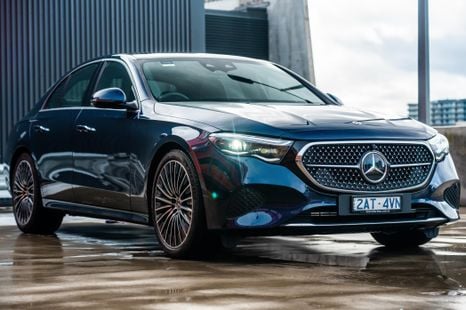

Josh Nevett
2026 Mercedes-Benz E-Class review
5 Days Ago
ANCAP will withdraw its five-star rating for the Volkswagen Passat by year's end unless Volkswagen submits it for retesting.

News Editor
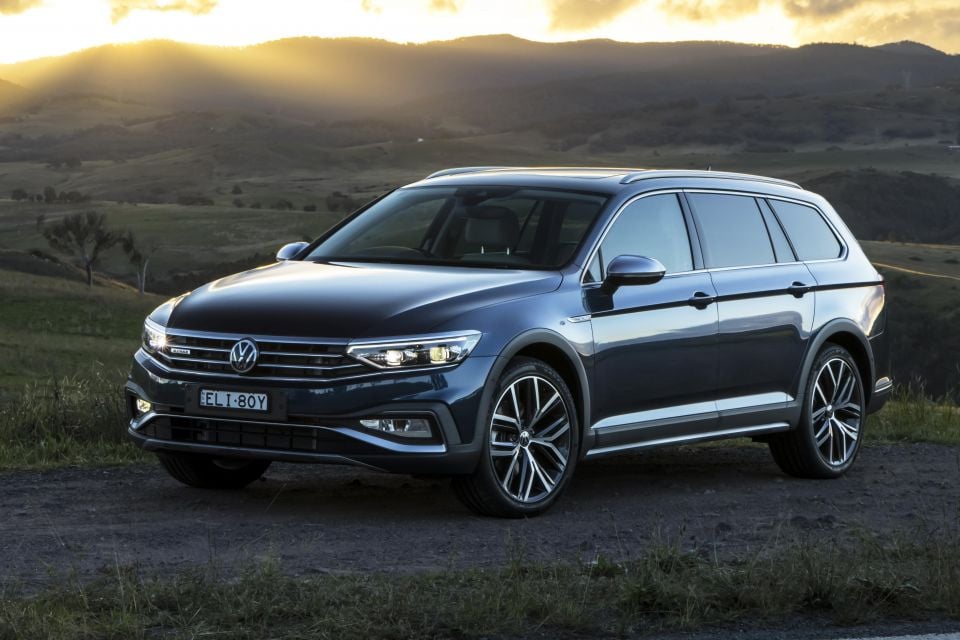

News Editor
Volkswagen has criticised safety authority ANCAP for its plans to withdraw the Passat’s five-star safety rating.
The German brand has defended its mid-sized sedan and wagon, highlighting the introduction of further standard safety equipment since it received its ANCAP rating in 2015.
That five-star rating was based on Euro NCAP testing conducted in 2014.
The Passat’s Euro NCAP rating expired 12 months ago, though the ANCAP rating has remained valid.
That’ll change come December 31, 2022 as the Passat and a number of other vehicles with 2015 date stamps will lose their ANCAP ratings.
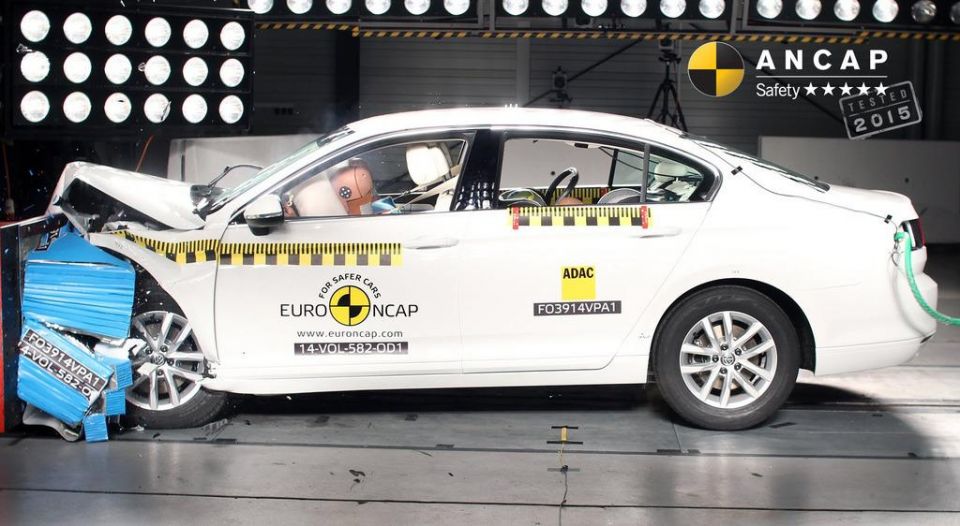
ANCAP previously allowed star ratings to apply for as long as the vehicle remained in production. Case in point: Volkswagen’s own Amarok and the Toyota LandCruiser Prado, which still wear a five-star rating despite not having been tested in just over a decade.
It introduced a rating validity period in 2018, which means tested vehicles will need to be tested again after six years has passed.
Older vehicles had previously been “grandfathered”, however their time is now up as of December 31.
That means these vehicles require the full gamut of testing against the most up-to-date protocols, though ANCAP can rely on Euro NCAP testing for its rating as the two authorities harmonised their testing protocols in 2018.
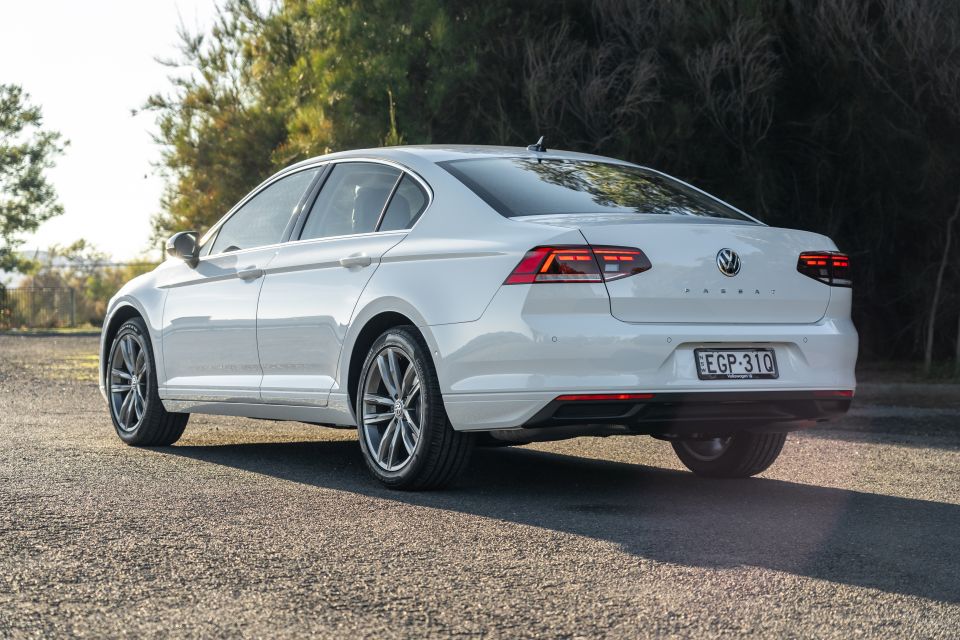
If Euro NCAP has already tested a vehicle, manufacturers can provide technical data and show the car’s specifications are the same here as in Europe. ANCAP can in turn assess this and apply the same rating.
“The majority of vehicle brands continue to do the right thing by making iterative improvements to the safety specification of their models during their model life – including Volkswagen,” said ANCAP chief executive officer Carla Hoorweg.
“This approach is welcomed by ANCAP as it means consumers, and fleets benefit from enhanced safety.
“The option for a vehicle brand to update its rating year datestamp through re-testing remains open and is encouraged.”
Manufacturers like Toyota have submitted their vehicles for retesting under newer, stricter protocols.
The current-generation HiLux, for example, was tested in 2015 and then Toyota had it re-tested in 2019, which means its rating remains current for six years from that date.
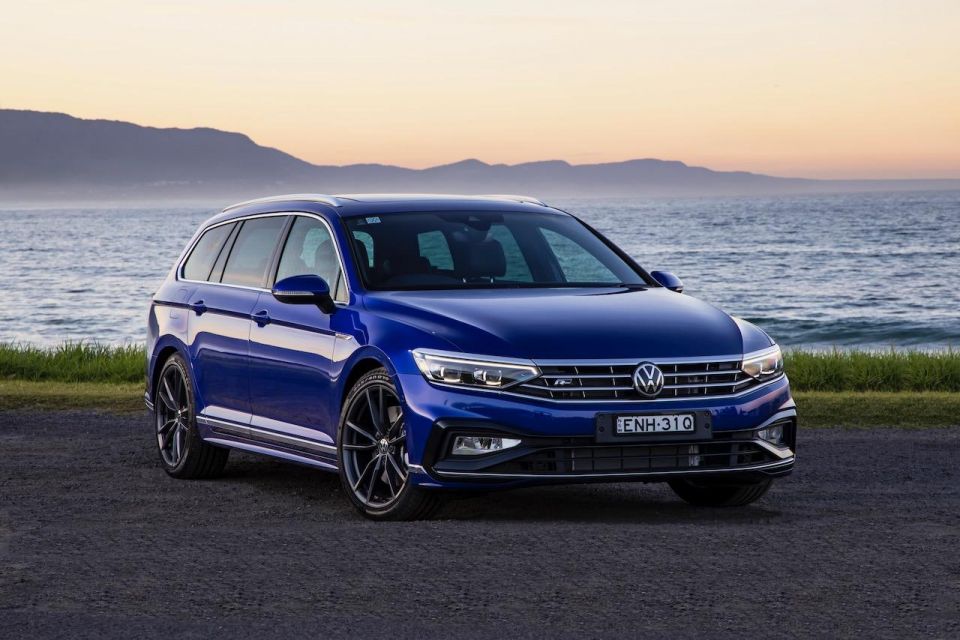
“It is unclear if ANCAP withdraws ratings at a specified point merely for administrative convenience,” said Volkswagen Passenger Vehicles brand director Michal Szaniecki.
“It is clear that the Passat has embodied ANCAP’s previously stated ideal that a model should become safer throughout its lifecycle.
“Just as ANCAP has elsewhere rightly pointed out the absence of safety technology, why would it fail to account for active and passive safety upgrades that bring a model to the forefront of occupant and bystander technology?”
The brand pointed to the standardisation of a raft of active safety features across the entire Passat range in 2020.
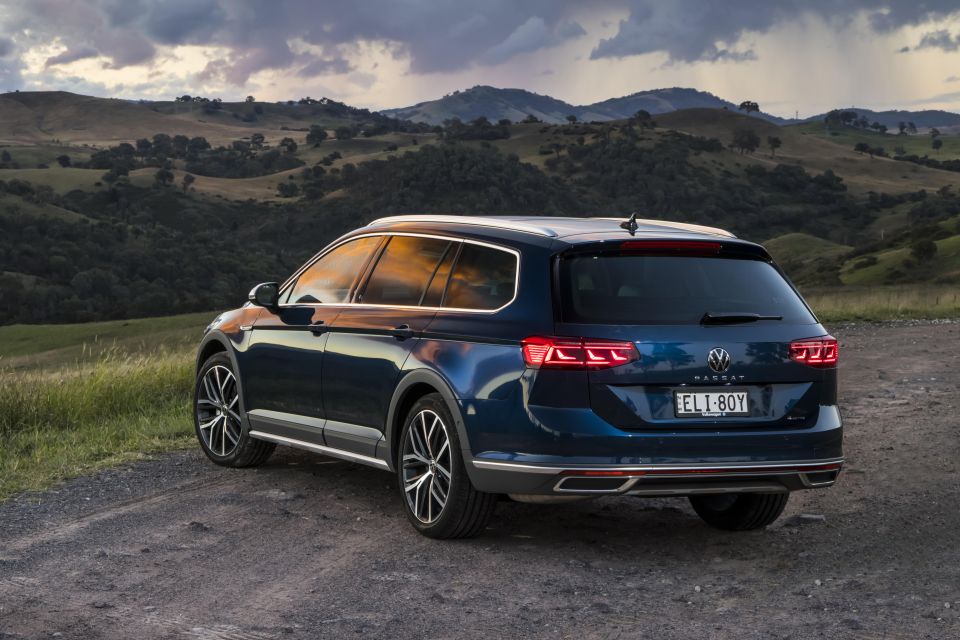
These include:
Further, Volkswagen didn’t hold back in criticising ANCAP for “rubber-stamping” Euro NCAP ratings.
“ANCAP conducts no crash testing of European vehicles on sale in this market, instead conducting a perfunctory inspection,” the company said in its press release.
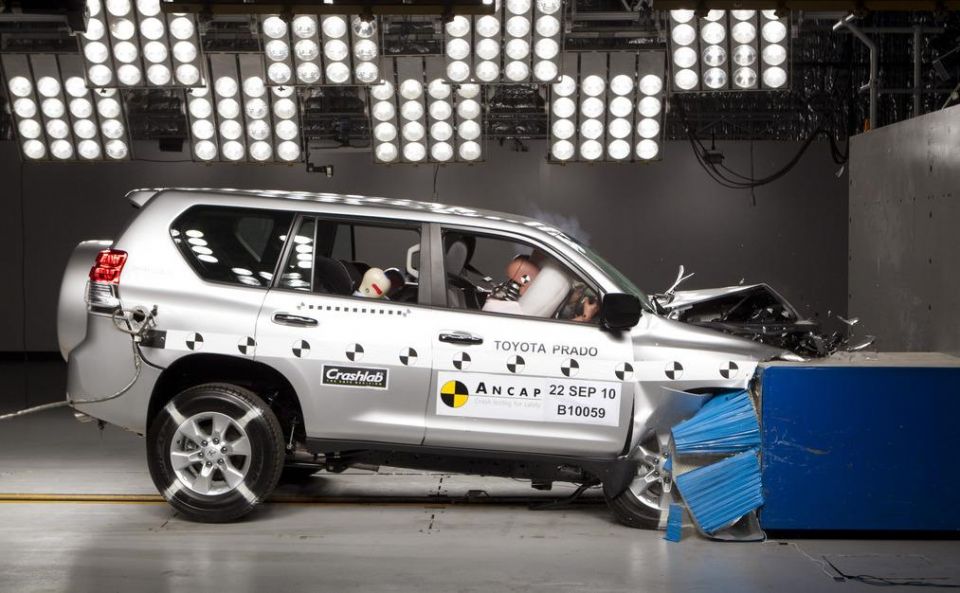
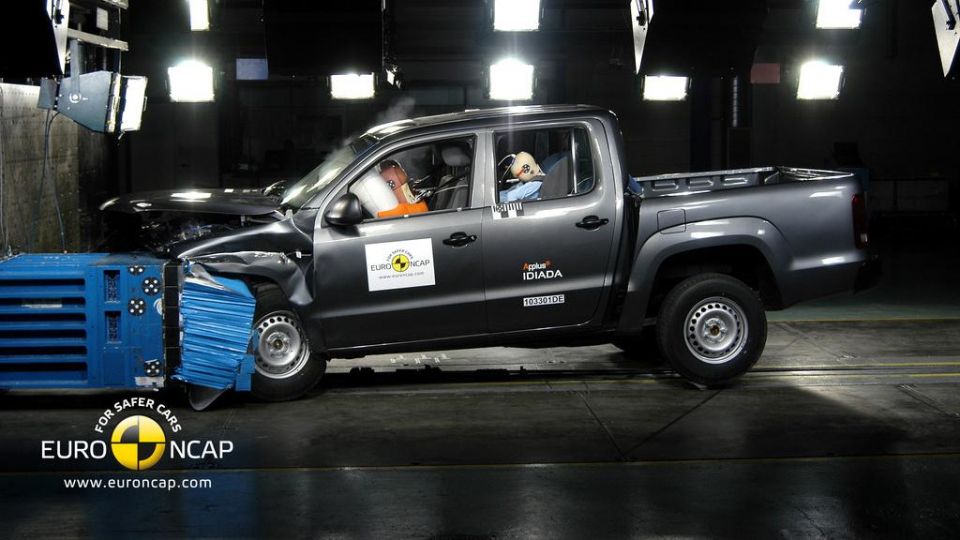
The Passat won’t be the only vehicle to lose its ANCAP rating on December 31, 2022. The following vehicles are also set to follow suit:
ANCAP’s removal of grandfathered ratings arguably helps reduce confusion for buyers, which had only been partially mitigated by the introduction of date stamps in 2014.
After all, a vehicle tested in 2011 like the Amarok and a vehicle tested in 2021 like the GWM Ute have been tested under considerably different protocols.
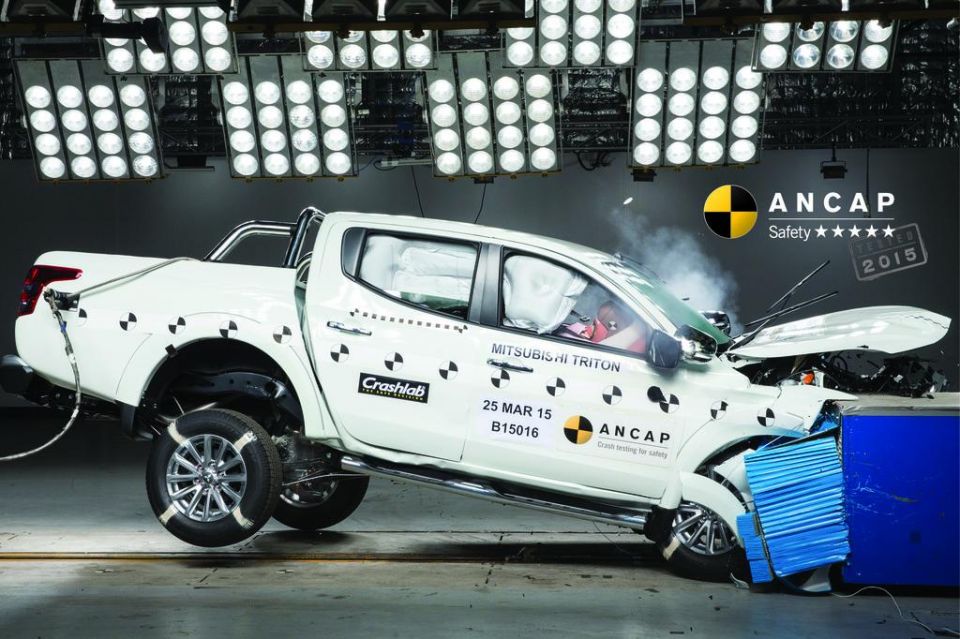
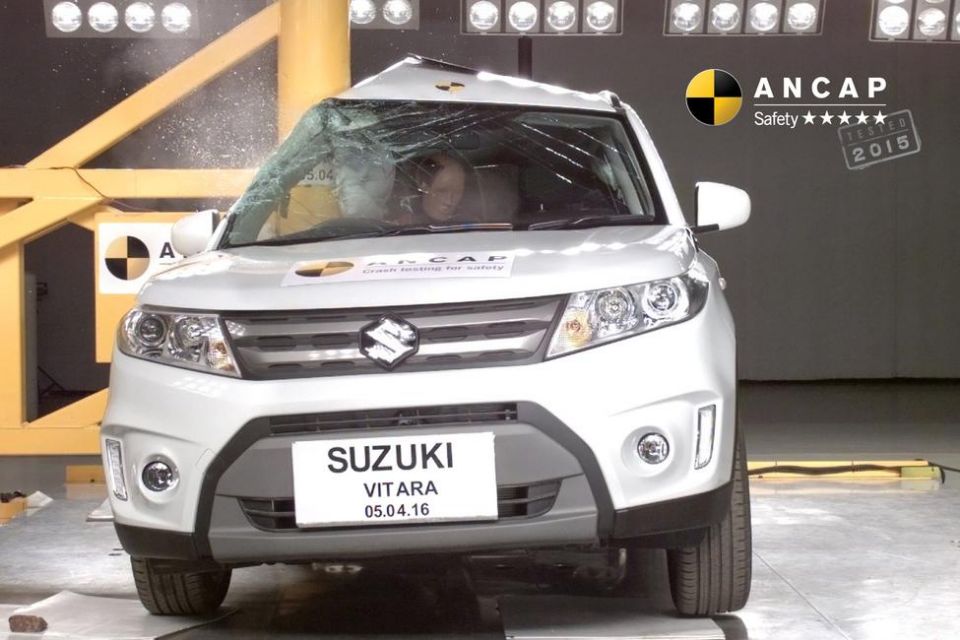
As part of the changes to rating validity announced in 2018, ANCAP also requires manufactures to submit documentation four months before the release of a facelifted vehicle.
The authority will then review this information to determine if the car’s rating needs to be revoked, for example if the manufacturer has deleted safety equipment.
As it’s an independent authority, ANCAP’s testing isn’t a mandatory undertaking for car companies. However, the five stars are a desirable marketing tool, and required by some fleets.
The organisation is financially supported by the various state and territory auto clubs, as well as Federal and State Governments and insurance companies.
MORE: What’s next for ANCAP? MORE: ANCAP ratings: everything you need to know MORE: Australia’s best-selling cars without ANCAP ratings
William Stopford is an automotive journalist with a passion for mainstream cars, automotive history and overseas auto markets.


Josh Nevett
5 Days Ago
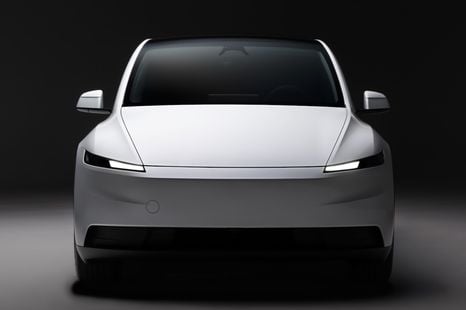

Ben Zachariah
9 Days Ago
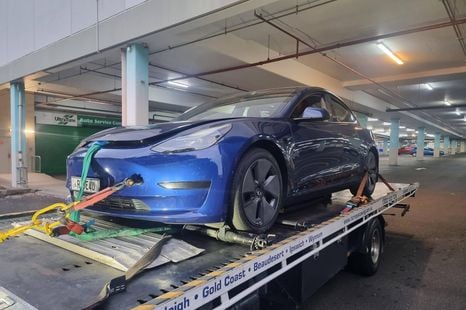

CarExpert
11 Days Ago
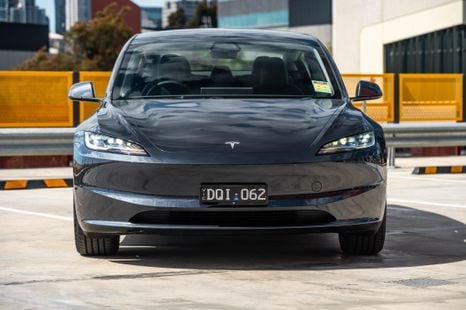

Josh Nevett
12 Days Ago
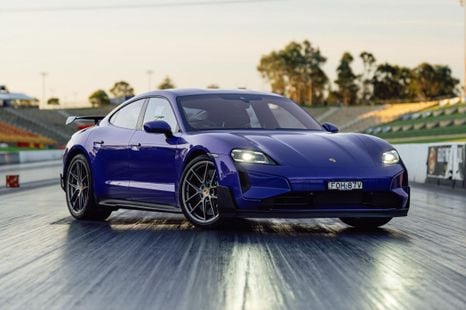

William Stopford
15 Days Ago
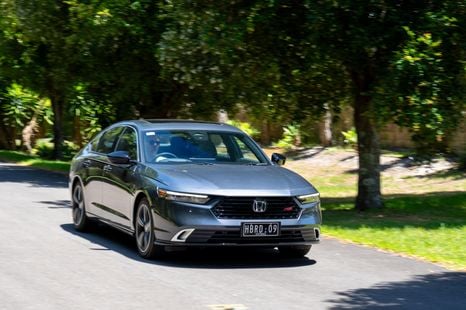

CarExpert
16 Days Ago
Add CarExpert as a Preferred Source on Google so your search results prioritise writing by actual experts, not AI.